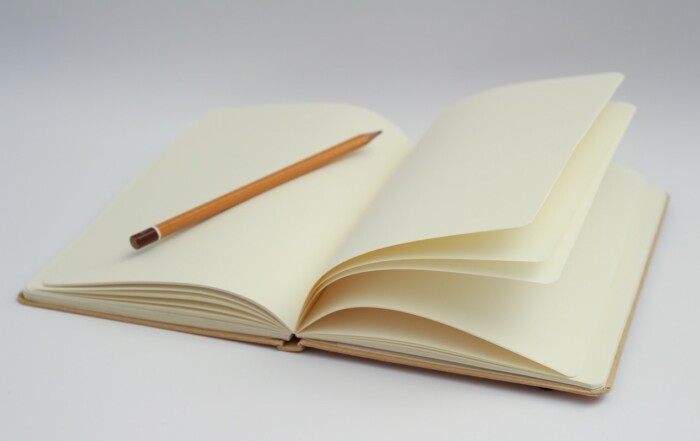College Admissions Tips and Guidance
Four Tips For Getting Strong Teacher Recommendations

Explore Our Articles
Recent Posts
Popular Categories
Get In Touch
On Social
By Phone or Text
(617) 734-3700
By Mail or Email
1678 Beacon Street
Brookline, MA 02445
By Form
Educational Advocates
Our objective is to guide the family in finding options where the student will not only get admitted, but thrive and find success once on campus.
Four Tips For Getting Strong Teacher Recommendations

Students should be aware of the best way to ask teachers during this time.
When teachers receive a student’s request for a college recommendation, they first consider some questions. What are this student’s strengths? Can I give specific examples of how the student demonstrated these strengths? How did this student do in my class in terms of grades and effort? What might this student contribute to their college or program of interest? As you might gather from these questions, writing letters of recommendation can be a complex task. If you apply through the Common Application, teachers will be asked to fill out an evaluation form and write a letter, which includes both ratings on specific attributes and a free-form text commentary. Here are some teacher recommendation tips to help you get the best help possible.
- Decide which teachers you should ask. The primary purpose of the teacher recommendation is to provide specific information about you as a student–it will focus on your academic strengths, attitude, and potential. When deciding which two academic teachers to ask for recommendations, don’t just think about the grades you received. Instead, you should consider the amount of effort you put into your classes and the sort of interactions you had with your teachers and peers. For instance, if you received an A in a history class but you never spoke up or talked with your history instructor, the teacher may not be able to give much detail about your strengths as a student. If you progressed from a B to an A in history by organizing a study group and checking in with your teacher about essay drafts before finalizing them, your teacher will have a lot more to say about your effort and perseverance as both a student and classmate.
- Ask early and politely. Depending on the time of year, teachers may get dozens of requests and some limit the number they will write. It is in everyone’s best interest if you make your requests early. For college recommendations, the month of May is the perfect time for juniors to touch base with their teachers and put in their requests, but remember to follow school guidelines.Requests are ideally made face-to-face, but consider how you usually communicate important information with teachers and use that format to ask them if they feel they could write a strong recommendation to support your college application. Remember the power of “please” and “thank you.” Do not assume they will say yes, and give them room to decline gracefully if necessary. Most teachers really want to do what is best for their students. This may include gently informing the student that perhaps they should look elsewhere when seeking a recommendation. Teachers might decline the request for any number of reasons, such as a lack of time or feeling that they don’t know the student well enough to write a strong reference. While turning down this request can be an awkward conversation for any teacher to have with a student, most teachers are keeping their student’s best interests at heart.3. Prepare pertinent information once the teacher agrees to write the recommendation. While you don’t want to overload your recommenders, some basic information can be helpful when they are crafting their recommendation. Many teachers will provid
Teachers writing recommendations consider a student’s effort and engagement more than just high grades.
e you with a form asking questions related to your role in their class and your contributions. Answer these questions thoughtfully, have another person review your responses, and complete them by the deadline that the teacher gives you. If they do not provide you with a form, email them an up-to-date copy of your resume or activities list, as well as a copy of a paper or test that you feel offers an accurate snapshot of your work in the class. If you feel like you improved a great deal or that you learned something particularly valuable, you might want to write a paragraph or two reflecting on the experience.
4. Follow up. While the activities list and other documents are helpful to refer to when writing a recommendation, a follow-up meeting can be even more valuable. It gives you the opportunity to elaborate on details that you provided, and it allows recommenders to ask any clarifying questions they may have after reviewing your documents. If you attend a large high school you should also respect that your teacher may not have time for such meetings, so make sure that the information you share with them is as comprehensive as possible. If meetings are not an option, send a follow-up email to ask if the teacher needs additional information.
Keep your teacher updated about your application plans. Most teachers aim to write recommendations over the summer, but they inevitably spill into fall. If you have a particularly early fall application deadline, it’s OK to gently check-in and share that information with your recommenders, so they can prioritize their writing.
Remember to say “thank you!” After you receive admission decisions, it is important to update your teachers and share your appreciation for their roles in supporting you.
Please reach out to your consultant to discuss any questions regarding your recommendations.









